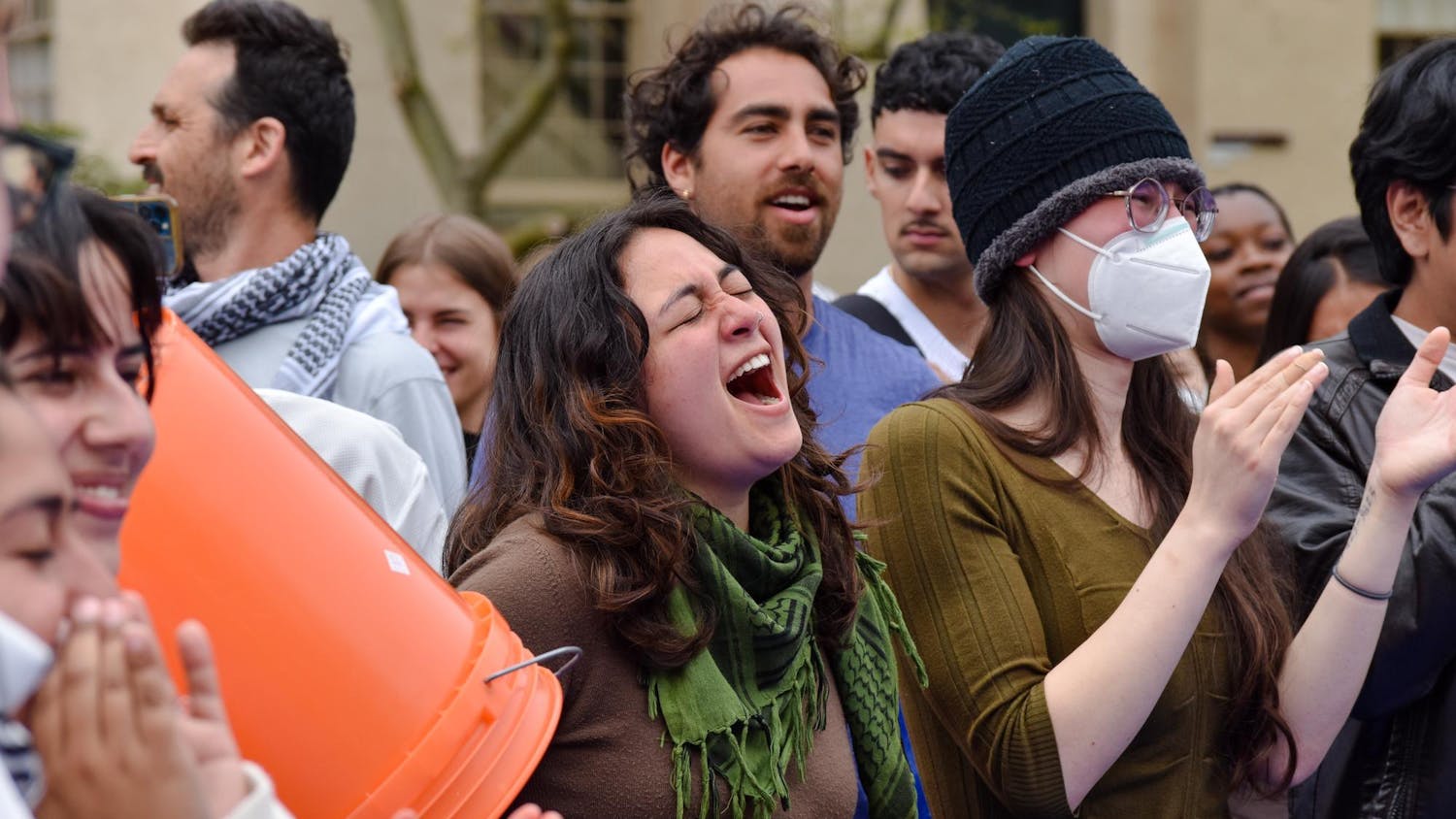The Corporation approved a new doctoral program in the Behavioral and Social Health Sciences during its meeting at the end of last month.
The program will welcome its first class of up to four doctoral students next fall, said Professor and Chair of Behavior and Social Sciences Christopher Kahler, with about four additional students entering the program each year. The program will reach its full size — 16 students — after four years, he added.
The program has an “applied focus,” and students will conduct research at centers including the Center for Alcohol and Addiction Studies and the Institute for Community Health Promotion, Kahler said. Research is such a critical component of students’ studies that it will seem they “have a department home and a center home,” he added.
Doctoral students will be eligible to receive their degrees after about four years, he said. The first two years will be relatively “class-heavy” and allow students to explore advanced work in topics ranging from biostatistics and epidemiology to intervention and research techniques. The next two years will be primarily devoted to research, he added.
The department has been expanding course offerings over the last several years, so most required courses will be drawn from current offerings, wrote BSHS Graduate Program Director Kate Carey in an email to The Herald.
“There is one new course on the PhD curriculum that has not yet been offered: an advanced proseminar on behavioral and social sciences interventions that will be added to the curriculum when we have a cohort of second and third year students,” Carey wrote.
“We have not had a doctoral program that is focused on persons who want to have careers in … behavioral and social health interventions,” said Terrie Wetle, dean of the School of Public Health. “We’ve always seen this hole in the fabric where we wanted to fill.”
“This is a way to build on that set of coursework and educational activities that we have in the master’s program and take it all the way up to the doctoral level,” Kahler said. The School of Public Health’s masters program was approved in May 2011, The Herald previously reported, and the school entered its third year of operation this fall, Wetle said.
Carey, a professor of behavioral and social sciences, has past experience in curricular development and research about prevention and risk reduction techniques to address alcohol and substance abuse in college-aged students, Wetle said.
Existing faculty members will run the program, and it is unlikely additional faculty members will be hired in the next several years, Kahler said.
Most accepted students will have completed a master’s in public health degree, though a master’s is not a formal prerequisite, Kahler said. Completion of a master’s will give students a leg up since they will have already completed research and advanced coursework in public health, he added.
Faculty members in the School of Public Health have been planning the program for more than six years and included provisions for it in a previous five-year strategic plan for the school, Wetle said. Many of the University’s faculty members have a strong passion for researching interventions that could diminish the effects of alcohol and addiction on public health, so the focus of the program matches a strength of the department, she added.
When initially crafting the program proposal, faculty members examined the doctoral programs that the top 15 schools of public health in the country already offer to determine the demand for this sort of program, Kahler said. They discovered that only around five schools — including Johns Hopkins and the University of Pittsburgh — offer analogous programs.
Once the proposal was formed, faculty members presented it to the Graduate Student Council for suggestions and, ultimately, approval. The bulk of the proposal remained the same, though the name was changed from “Program in Behavioral and Social Sciences” to “Program in Behavioral and Social Health Sciences” to provide more clarity about the focus of the program, Wetle said.
The proposal passed the Faculty Executive Committee and the Academic Priorities Committee with few changes, except to clarify the proposal, before going before the Corporation for a vote, Kahler said. The program’s approval has garnered “enthusiasm,” and some potential applicants have already called the department, Wetle said.
The creation of the school of public health has helped generate excitement about the program, Wetle said. “The more national visibility we have (through the school), quite frankly, the better the applicant pool” of both prospective students and faculty members, Wetle said.
Faculty members said the program will provide good opportunities for undergraduates.
“We anticipate that the presence of doctoral students will create even more opportunities for undergraduates in public health and other concentrations to gain research experience and mentoring,” Carey wrote. “In the School of Public Health, PhD students do TA courses, so the pool of potential TAs will grow.”
Applications for next fall’s class can be submitted online through the graduate school from now until Jan. 5, Wetle said.
ADVERTISEMENT




